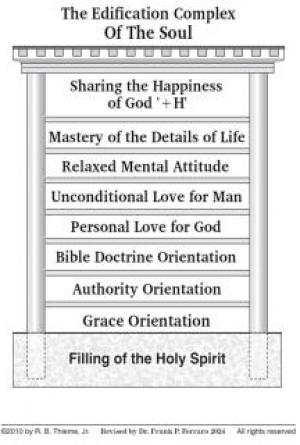FOOTNOTES (46-60)
[46] Preface to al-Mîzân
al-kubrâ in the Arabic work ’Ulamâ’ al-Muslimîn wa
Wahhâbiyyûn, p. 62, Istanbul, 1973.
[47] There is detailed information about
ijmâ’ and qiyâs in al-Husâmî’s book al-Muntahâb fî
usûl al-madhhab, which was edited the second time together with
its commentary-index titled Hâmî in Pakistan. Muhammad ibn
Muhammad Husâm ad-dîn al-Husâmî passed away in Farghana in
644/1246. See also the end of the thirty-third article.
[48] Photographic second edition of the Arabic
original by Hakîkat Kitâbevi, Istanbul, 1974.
[49] Doing something suitably with a
less-known rule of Islam when it cannot be done suitably with a
well-known rule. See Al-basâ’îr li munkiri ’t-tawassuli bi ahli
’l-maqâbirand the sixth part of Fatâwa al-Hindiyya for
more detail.
[50] ’Abd al-Ghânî an-Nabulusî, Al-hadîqat
an-nadiyya, part I, chapter III.
[51] As it is understood here, Rasûlullah’s
(’alaihi ’s-salâm) path is the path of Salaf as-Sâlihîn, who
were the group of those Muslims of the first two centuries of Islam
which comprised as-Sahâbat al-kirâm and the distinguished ones
among the Tâbi’ûn and Taba’ at-Tâbi’ûn. The four a’immat
al-madhhâhib were among these distinguished ones. Then,
Rasûlullah’s (’alaihi ’s-salâm) path is the path explained in the
fiqh books of the four madhhabs. Therefore, as declared unanimously
by the ’ulamâ’ of Ahl as-sunna, a person who turns away from the
fiqh books of the four madhhabs will have deviated from
Rasûlullah’s (’alaihi ’s-salâm) path. This unanimity is reported
clearly in the annotation of the part “Zabâyih” of Durr
al-mukhtâr by at-Tahtâwî.
[52] These hadîths foretold about those men
with religious posts who make reforms or alterations in the
religion, for example, who use a radio or loudspeaker in the adhân
or salât or who make known the time of salât with lights on
minarets.
[53] He was the son of a Christian named
Fîrûz. He was emancipated by imâm ’Alî Ridâ and became the master
of Sırrî as-Saqatî, who became the master of al-Junaid al-Baghdâdî.
He passed away in Baghdâd in 200 / 815.
[54] His master was Hamdûn al-Qassâr, who
passed in Nishapur in 271/884.
[55] Duty to teach others what Allâhu ta’âlâ’s
commands are and to prevent, to disapprove somebody’s committing
His prohibitions.
[56] Muhammad Ma’thûm al-Fârûqî as-Sirhindî,
Maktûbât, vol. II, 110th letter.
[57] It is written in Bahr and
Hindiyya that they are polytheists.
[58] A karâma that causes one to commit a
harâm is called “makr” or “istidrâj.”
[59] See glossary.
[60] Knowledge that is acquired not for the
purpose of practising it with ikhlâs, will not be beneficial.
Please see the 366 th and 367 th pages of the first volume of
Hadîqa, and also the 36th and the 40 th and the 59 th
letters in the first volume of Maktûbât. (The English
versions of these letters exist in the 16 th and the 25 th and the
28 th chapters, respectively, of the second fascicle of Endless
Bliss).







